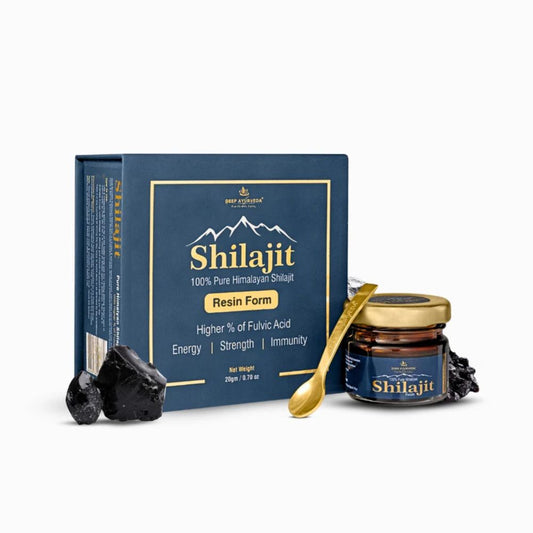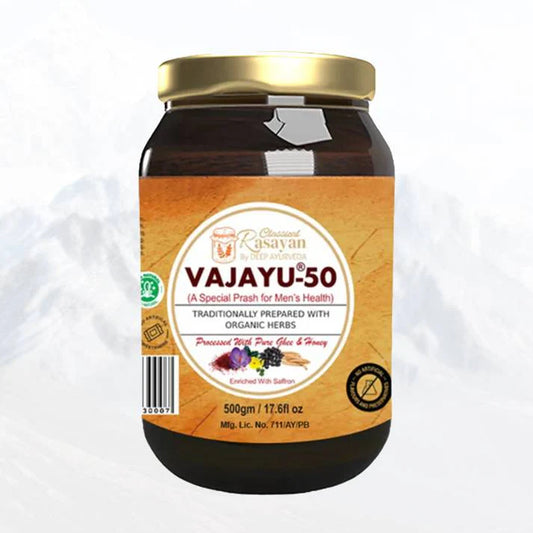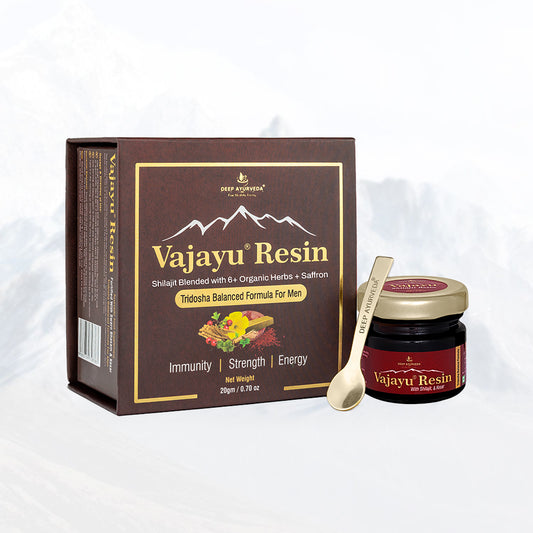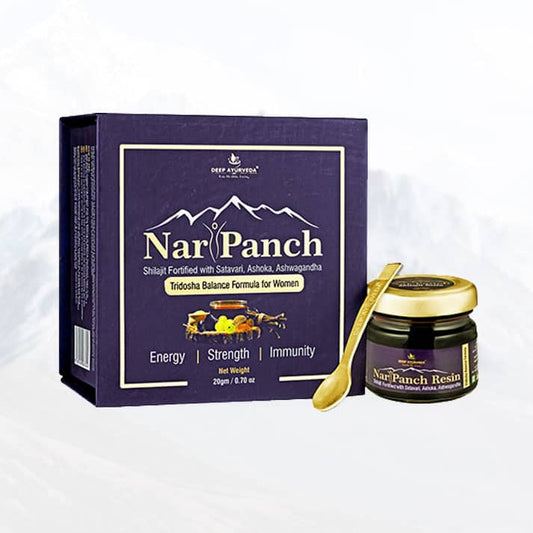The monsoon brings relief from the scorching summer heat, but it also brings rise in humidity, digestive issues, infections, and seasonal flu. To avoid these issues, following a balanced monsoon diet is crucial to maintaining digestion, immunity, and overall health.
Ayurvedic Perspective on Monsoon: Understanding Ritucharya
In Ayurveda, Ritucharya refers to seasonal routine that align your diet and lifestyle with nature’s cycles. During Varsha Ritu:
-
Agni (digestive fire) becomes weak due to increased humidity and water retention.
-
Vata is aggravated, leading to bloating, gas, joint pain, and dryness.
-
Pitta begins to accumulate, causing skin issues, acidity, and irritability.
Hence, following a monsoon diet helps balancing doshas and maintaining gut health.
What to Eat in Rainy Season: Monsoon-Friendly Foods

The ideal monsoon diet should support digestion, prevent water-borne infections, and boost immunity.
Include These Foods:
-
Warm, cooked meals – Khichdi, moong dal, rice, steamed veggies
-
Spices to boost Agni – Ginger, black pepper, cumin, asafoetida (hing), turmeric
-
Bitter and astringent vegetables (Cooked)– Bottle gourd, ridge gourd, methi, karela
-
Herbal teas & decoctions – Tulsi, mulethi, ginger tea
-
Fermented foods in moderation – Buttermilk with rock salt and roasted cumin
-
Ghee – Helps lubricate joints and pacifies Vata
-
Seasonal fruits (in moderation) – Jamun, pomegranate, apple, pear
- Overnight soaked nuts- Sources of good fats
Foods to Avoid During Monsoon
To avoid weakening digestion and inviting infections, keep away from:
-
Raw salads – Can be difficult to digest and may carry germs
-
Leafy greens – High moisture content may attract bacteria and insects
-
Seafood and heavy meats – Increases Pitta and may cause indigestion
-
Cold, refrigerated foods – Suppresses digestive fire
-
Fried & street food – Increases Ama (toxins) and risk of gut infections
-
Too much dairy – Increases mucus production and Kapha aggravation
Monsoon Lifestyle Tips
To complement your monsoon diet, adopt these Ayurvedic lifestyle habits:
-
Wake up early (Brahma Muhurta) and do light stretching or yoga
-
Abhyanga (self-massage) with warm sesame oil to balance Vata
-
Use natural mosquito repellents and keep surroundings dry
-
Avoid day sleep (Divaswapna) to prevent Kapha aggravation
-
Keep feet dry, wear cotton clothes, and avoid getting drenched in rain
-
Burn Ayurvedic dhoop or camphor to purify indoor air
Boost Immunity with Deep Ayurveda’s Monsoon Essentials
During the monsoon, your immunity is naturally low. Deep Ayurveda offers powerful Ayurvedic formulations that help build resilience and digestion:
Immuno Tea

A unique blend of Tulsi, Mulethi, Cinnamon, Ginger, and Clove – this herbal tea strengthens Agni, reduces Kapha, and keeps viral infections away. It's caffeine-free and ideal for daily use in the rainy season.
Shudh Prash

Unlike synthetic chyawanprash loaded with preservatives and sugar, Shudh Prash is made with 48+ classical herbs like Amla, Giloy, Ashwagandha, and Pippali – perfect for rejuvenating Ojas, immunity, and improving respiratory health.
Final Thoughts on Monsoon Diet & Ayurveda
The monsoon is a time of rejuvenation if you follow nature’s rhythm. A mindful monsoon diet, rich in seasonal foods, warm spices, and Ayurvedic herbs, can help you stay light, active, and illness-free. Support your health naturally with Deep Ayurveda for leading a overall healthy life.







